here was a study conducted in Spain, “Effects of Phonological and Musical Training on the Reading Readiness of Native- and Foreign-Spanish Speaking Children,” where it was determined that music training has more profound effects on the acquisition of language in young children than art lessons or even language lessons! There are constantly increasing numbers of studies that prove the benefits of music training, and that the younger children start, the benefits to their growing brains and their emotional well being, are most profound. Yet, most very young children get very little, if any, exposure to music training or live music making, unless they’re part of an actively musical family.
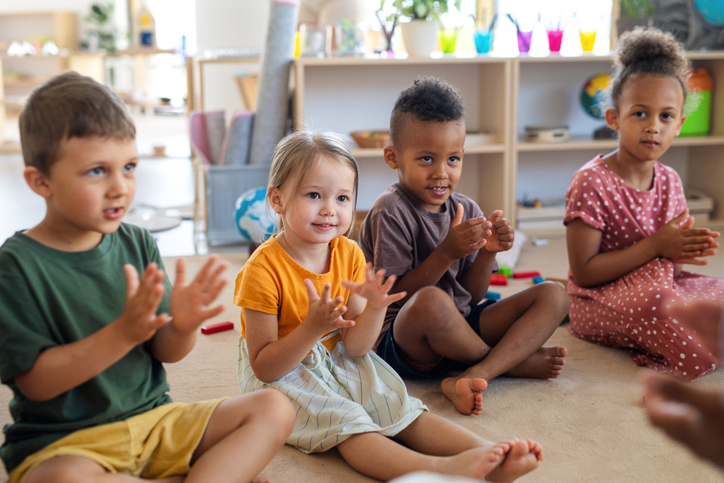
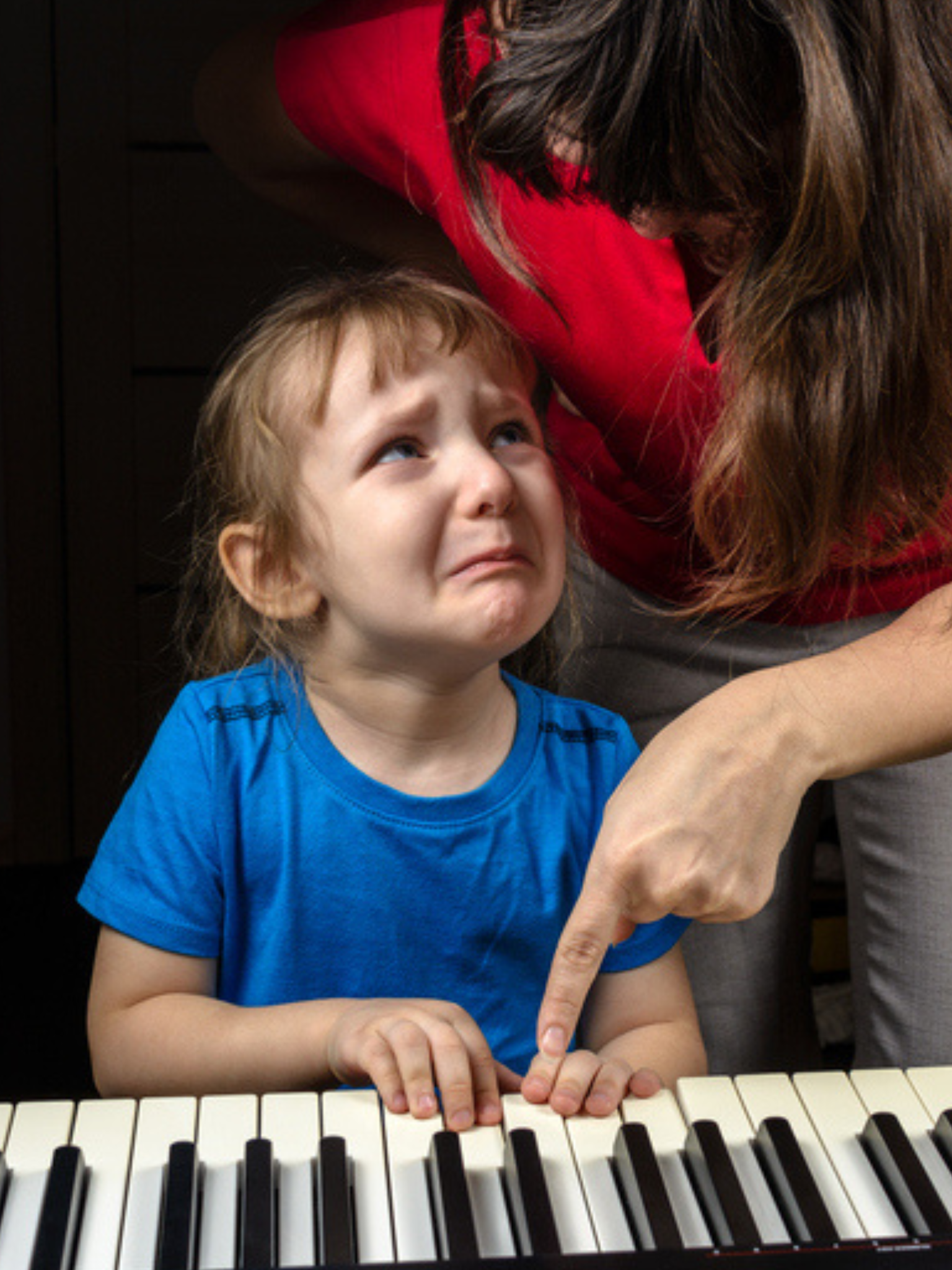
Music is so beneficial for the development of young children, there has to be a way to educate them that isn't harmful!
The abilities to imagine and to choose, set humans apart from other creatures on this planet. Yet, little kids have very few opportunities to make choices. When they play, however, children get to choose. They get to be in charge, try new things, take risks, and along the way, they develop their muscles and their brains. They learn.
Sometimes when our kids insist on “doing it myself” or when they don’t want to do what we want them to, we think kids are misbehaving. It can be hard to understand when a child has a meltdown over an outfit choice or the color of their cup, or when they seem to be ignoring us altogether.
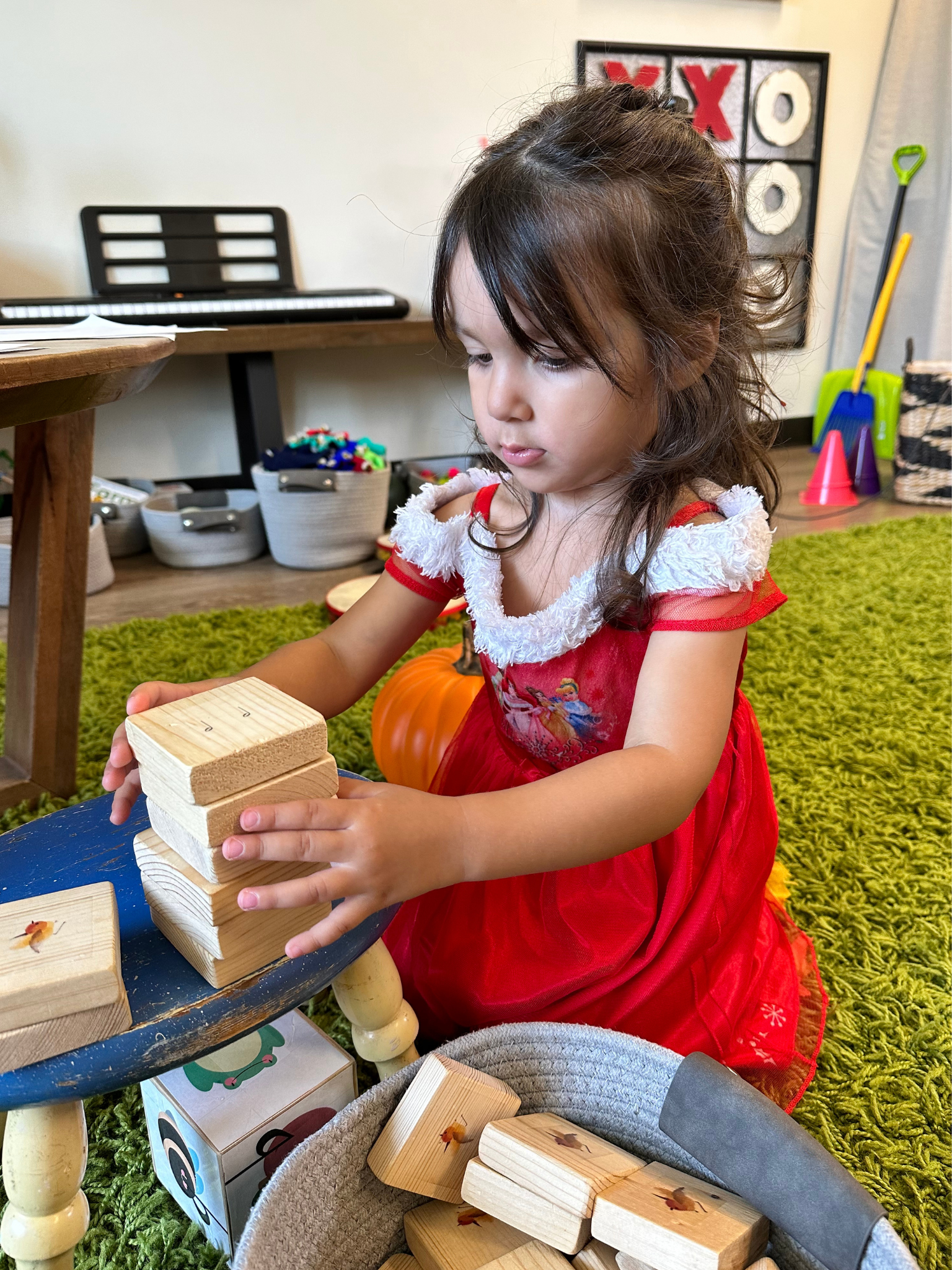
Kids, like all people. have a strong desire to be in charge, to be in control. When they come face to face with the fact that they aren’t in charge, they try desperately to make sense of their world in a context where they have very little control. It’s important to let them have autonomy, but obviously they lack the experience, understanding, emotional maturity, and physical strength to be in charge – of most things.
They CAN, however, be in charge of play!
This is the one arena where a baby, toddler, or preschooler can be “totally in charge.” Of course, they need us to help keep them safe, but for the purposes of deciding who they’ll be, where they’ll go, how they’ll dress, what they’ll do and say, self-guided play is a safe place for them to practice, and an important and necessary part of their development. In pretend-world, your child can be anyone and do anything they want. It’s how they practice being a grown-up, grow their muscles and their brains, and how they learn how to deal with their emotions.
You can support your child in their play by playing along. Be the llama, or the baby or the house. It won’t hurt you, and you might actually have fun! The more genuinely you begin to enjoy this time with your child, and allow yourself to play too, the more loved and connected they’ll feel to you, and you to them!
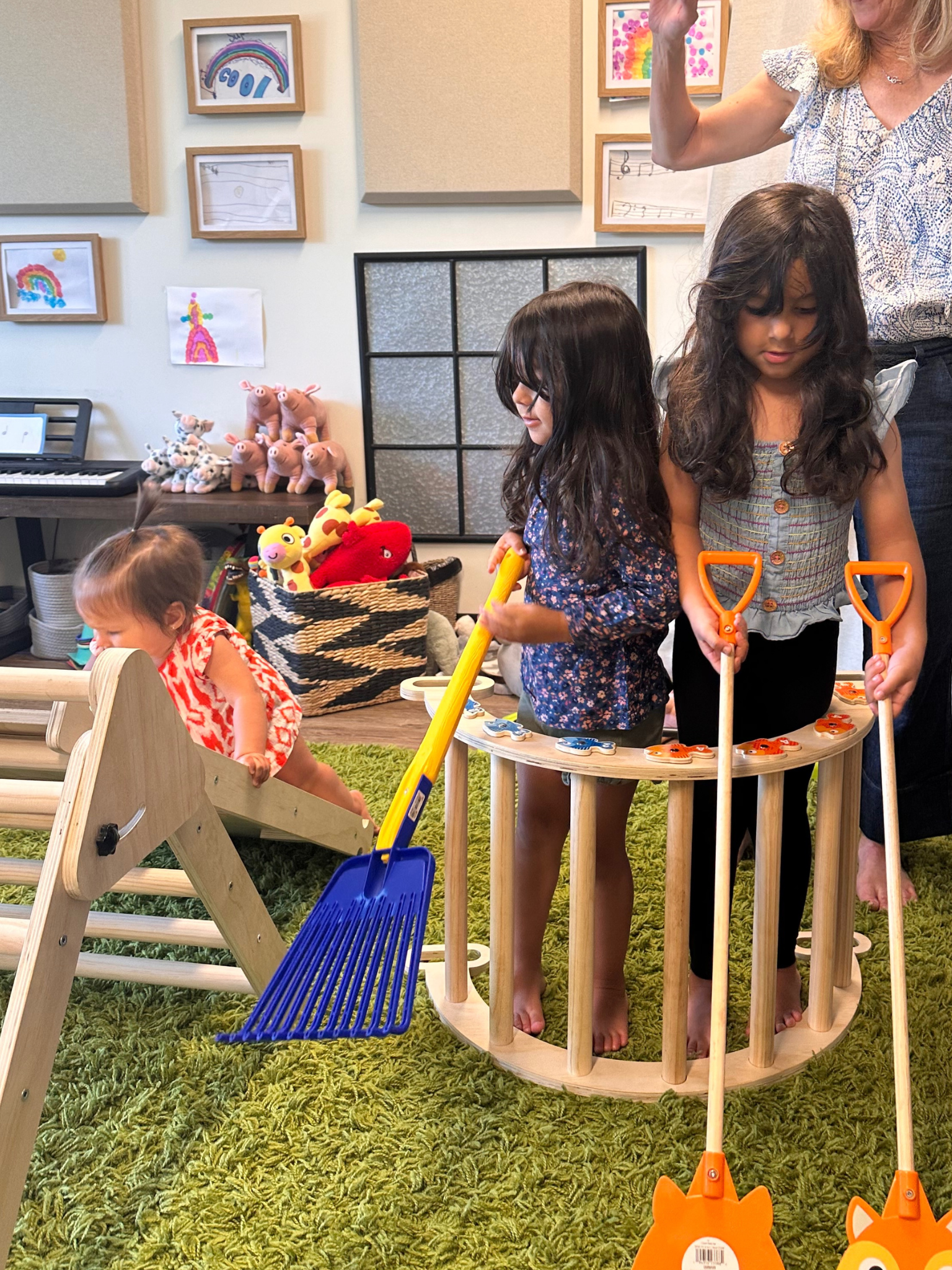
- keep musical items in the play area
- Let your child see you create music
- sing your part instead of talking
- play music on a piano, a drum, or a toy, that mimics what your child is doing
- follow along if your child decides to beat a drum or play the piano
- Show your child flashcards that show how notes move up and down, and that they repeat, and that illustrate various rhythms
- Let your child see you write notes on paper or on a chalkboard
- Sing simple songs, and play music to inspire your child
- If you don’t know how to make music yourself, you can learn some basics and keep ahead of your child musically enough to foster their interest, and to inspire your child’s thirsty brain.

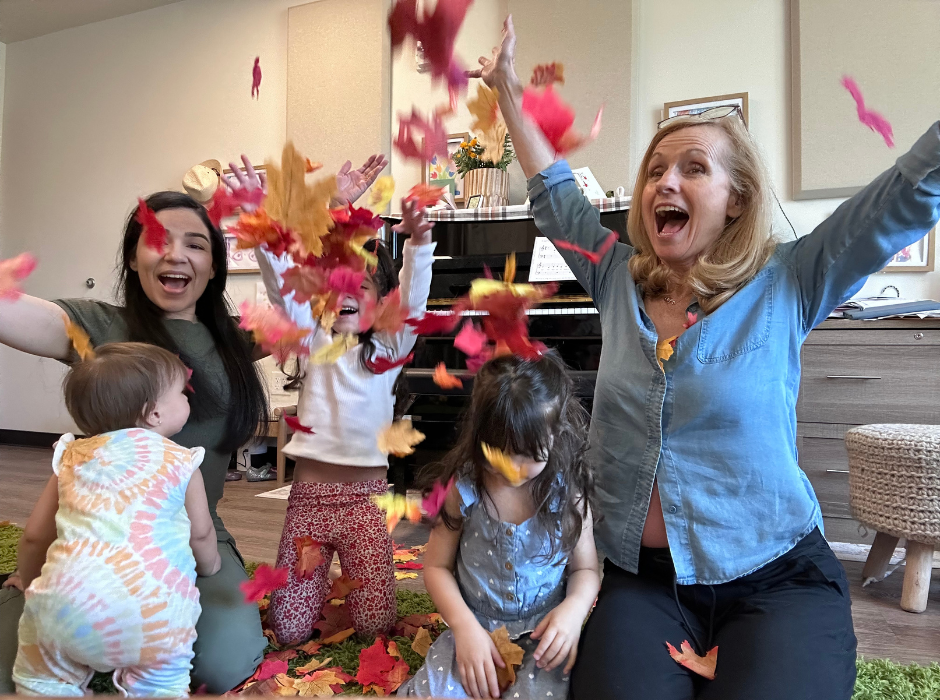
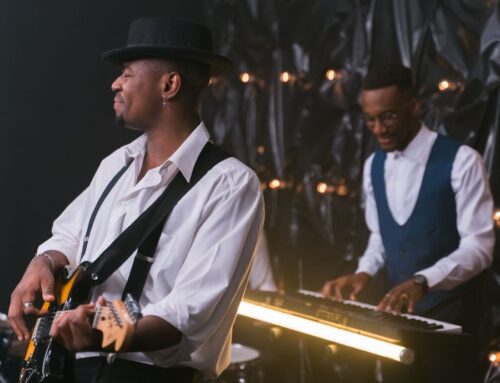
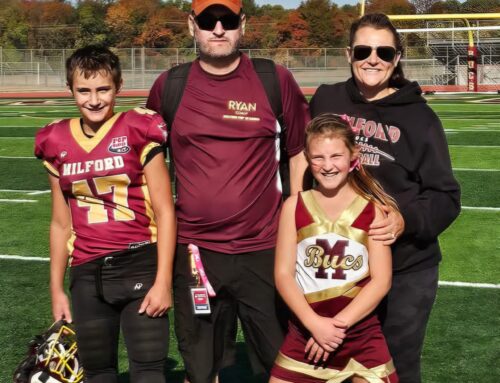
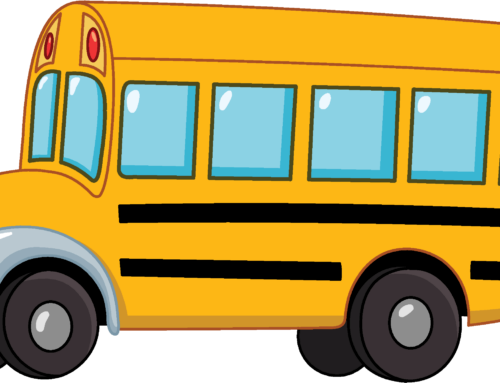

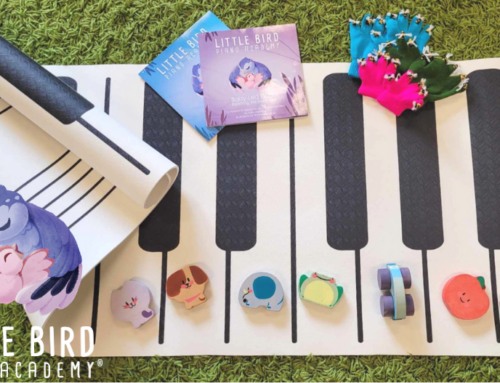
Leave A Comment